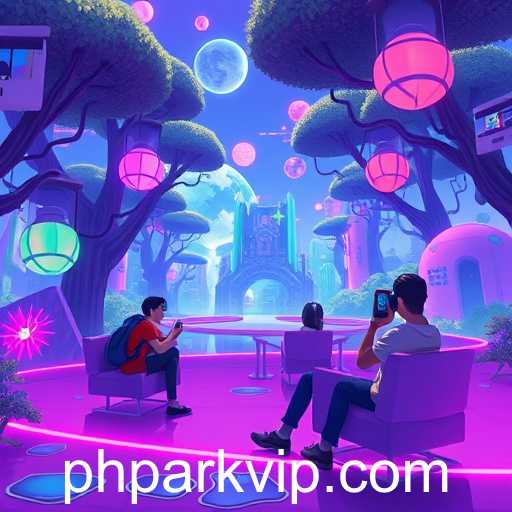As we navigate through the technological advancements of the mid-2020s, the gaming industry is undergoing significant transformation. One of the focal points of this change is "PH PARK," an innovative virtual gaming website that has captivated a global audience. This platform provides users with an immersive experience, blending the lines between reality and the virtual world.
In recent years, virtual reality (VR) has become a cornerstone of gaming innovation. "PH PARK" has been at the forefront of this trend, offering a range of experiences from adventure quests to social gaming spaces. The platform's appeal lies in its ability to create a sense of community among gamers, allowing them to interact in a shared virtual environment. This dynamic has not only enhanced user engagement but has also stimulated discussions about the future impact of VR on social interactions.
The influence of "PH PARK" is evident in its growing user base, which has reportedly doubled since 2024. Gamers are drawn to its sophisticated graphics, intuitive controls, and the seamless integration of augmented reality elements. These features are setting new standards in the gaming industry, prompting competitors to explore similar technologies.
Beyond entertainment, "PH PARK" has made headway into educational applications as well. Developers are collaborating with educational institutions to create VR-based learning modules. These interactive modules provide a unique way to engage students, offering immersive learning experiences that traditional classrooms cannot.
Commentary around "PH PARK" highlights both excitement and concern. Enthusiasts praise the platform for pioneering a new era of digital interaction, while skeptics caution about privacy issues and the potential for technology addiction. Data privacy remains a hot topic as user information becomes increasingly valuable to tech companies. "PH PARK" has assured users of their commitment to data protection, implementing robust security measures.
As the gaming industry continues to evolve, "PH PARK" represents a significant milestone. It exemplifies the potential of virtual reality to transform not just gaming, but the way we experience and understand digital environments. As we approach 2026, the question remains: what next for virtual spaces like "PH PARK," and how will they continue to influence both the gaming world and society at large?








